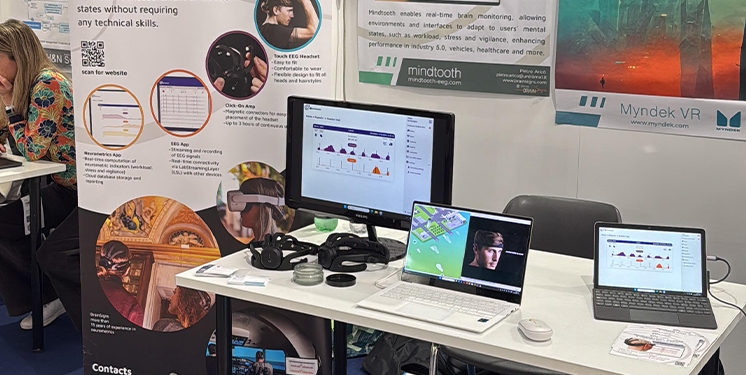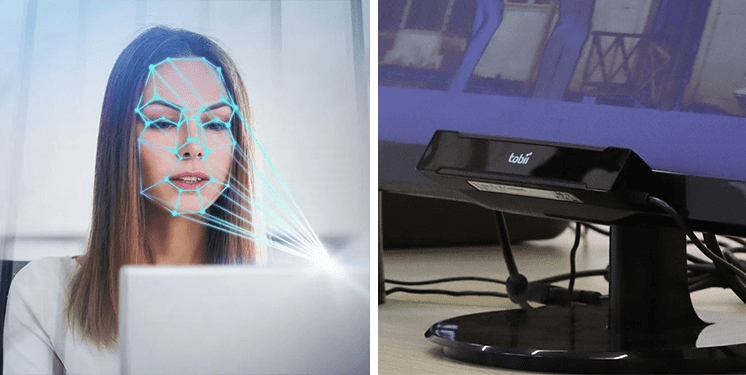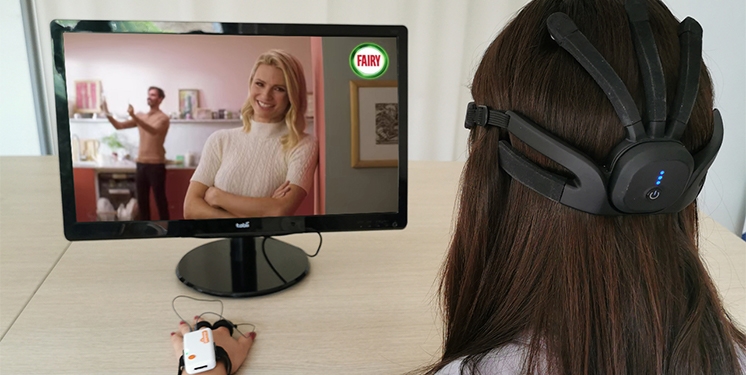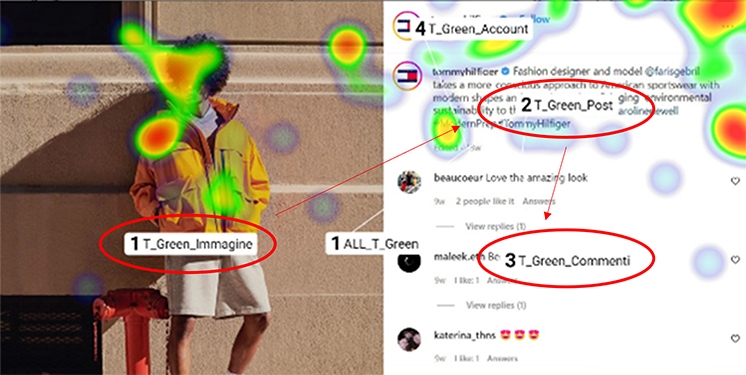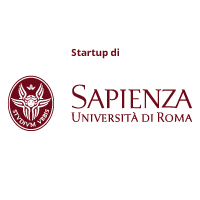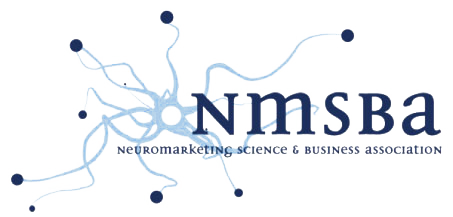In the digital age in which we live, online advertising is becoming increasingly relevant for companies wishing to reach their target audience. Among the several platforms available, YouTube has established itself as one of the main channels for promoting products and services.
However, the presence of elements such as the countdown timer and the time progress bar, which are intended to provide information on the duration of the advertisement, is a topic that requires further investigation. A neuromarketing study analysed, by means of eye tracker and facial coding, the effects of these elements on the visual attention of users, on the viewing times of key ad elements (viewed to seen) (e.g. brand and product) and on emotions (disgust).
The research focused on a particular type of advertisement on the YouTube channel: mid-roll 15-s, non-skippable in-stream ad format.
The study included participants' exposure to these advertisements in three several conditions: the 'current', in which ad and non-ad items (countdown timer and time progress bar) were present; a 'low' condition featured by a reduced non-ad items’ presence (no countdown timer and only time progress bar); and the 'absent' condition, characterised by the complete absence of non-ad items (no countdown timer and no time progress bar).
The results revealed an interesting evidence: the advertisement characterized by the absence of non ad items was the most effective in terms of attention and emotion compared to the equivalent formats with the non-ad items.
In fact, the presence of countdown timer and time progress bar meant that users' visual attention to key elements of advertising was greatly reduced, while at the same time prolonging the time it took to notice them.
From an emotional point of view, it was also shown how the absence of the non-ad items was associated with a lower degree of irritability by users and thus of the disgust felt, since the association with the perceived deception was diminished.

In the light of these results, the study highlighted:
- For those investing in ads the importance of carefully considering the presence of non-ad items in YouTube ads.
- For the researcher the eye tracker and facial coding indicators allowed a more in-depth look at the differences between the conditions under test than the questionnaires.
Article written in collaboration with some students of the degree course Biomedical Scientific Communication at the Sapienza University of Rome with reference to:
Mancini, M.; Cherubino, P.; Martinez, A.; Vozzi, A.; Menicocci, S.; Ferrara, S.; Giorgi, A.; Aricò, P.; Trettel, A.; Babiloni, F. (2023). What Is behind In-Stream Advertising on YouTube? A Remote Neuromarketing Study employing Eye-Tracking and Facial Coding techniques. Brain Sci. 13, 1481. https://doi.org/10.3390/brainsci13101481






